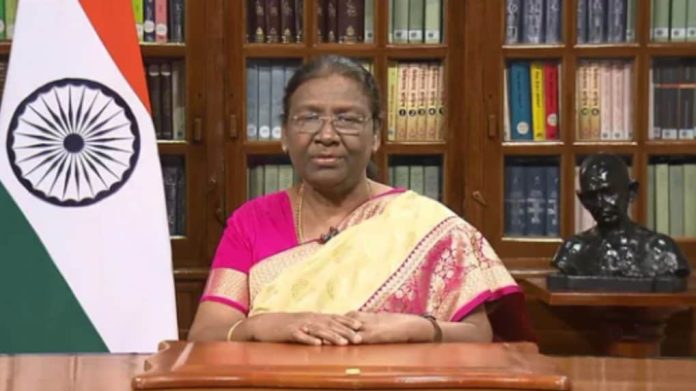The Rajya Sabha on Thursday passed the Promotion and Regulation of Online Gaming Bill, 2025, marking a decisive step by the Union government to regulate India’s fast-growing gaming ecosystem. The Bill, cleared by the Lok Sabha a day earlier, proposes to create a legal framework for esports and educational gaming while imposing a blanket ban on all online money games, irrespective of whether they are games of skill or chance.
Even before the Bill reached Rashtrapati Bhavan for assent, it has drawn legal resistance. Jay Sayta, a prominent Mumbai-based lawyer specializing in gaming and technology laws, has written to President Droupadi Murmu, urging her to withhold assent and return the Bill to Parliament for reconsideration under Article 111 of the Constitution of India.
In his detailed letter, Sayta raises three principal constitutional and legal objections to the legislation:
1. Question of Legislative Competence Sayta argues that the Bill encroaches upon matters reserved for state legislatures. He cites Entry 34 of the State List (List II of the Seventh Schedule), which places “betting and gambling” exclusively under the jurisdiction of states. By attempting to bring all forms of online gaming—skill-based and chance-based—under a central law, the Union government, he contends, has violated the federal distribution of powers.
“The attempt to enact a central law under the guise of regulating ‘online’ gaming infringes upon the federal structure and violates the distribution of powers envisaged under the Constitution,” Sayta notes, emphasizing that the Supreme Court has repeatedly cautioned against such encroachments.
2. Violation of Fundamental Rights The second pillar of Sayta’s argument is that the Bill arbitrarily curtails constitutionally protected rights. The draft law defines an ‘online money game’ as any game played for stakes, regardless of whether it is skill-based or chance-based. This definition, coupled with criminal penalties, effectively bans skill-based games such as rummy, fantasy sports, and even online chess competitions.
Sayta highlights that Indian courts, including the Supreme Court, have consistently recognized skill-based games as distinct from gambling and protected under Article 19(1)(g), which guarantees the right to practice any profession or business. “A blanket ban on such games, irrespective of their skill component, is arbitrary and disproportionate, failing the tests laid down under Article 19(6),” his letter states.
He further warns that the measure could cripple an industry that employs thousands of professionals, ranging from game developers and legal experts to marketing executives, while also limiting the freedom of users.
3. Ignoring Judicial Precedents Sayta underscores that the Bill sidesteps key judicial pronouncements. High Courts in Karnataka, Tamil Nadu, and Kerala have struck down similar state-level prohibitions on online skill-based games, declaring them unconstitutional. The Supreme Court, too, has repeatedly upheld skill-based gaming as a legitimate form of business activity.
“The Bill ignores these judicial findings and reintroduces prohibitive measures without appropriate justification or a nuanced legal framework,” Sayta wrote.
A Call for Presidential Intervention Invoking the President’s powers under Article 111, Sayta urged President Murmu to send the Bill back to Parliament for reconsideration, warning that its current form undermines federalism, constitutional propriety, and the fundamental rights of citizens.
Industry observers say this is the first formal legal challenge to the Bill since its passage in Parliament. The development has reignited debate on whether India’s gaming laws should be centralized or left to states, and whether an outright prohibition on money games can withstand judicial scrutiny.
The government, on its part, has defended the move as necessary to protect citizens—particularly the youth—from financial exploitation, addiction, and illegal betting. However, industry stakeholders argue that the Bill conflates legitimate skill-based platforms with gambling, creating regulatory uncertainty and threatening the growth of India’s $3 billion online gaming industry.
As the Bill awaits presidential assent, experts predict a prolonged legal battle ahead, with challenges likely to reach the Supreme Court if the legislation becomes law.
On Wednesday, The Esports Players Welfare Association (EPWA) has formally written to Prime Minister Narendra Modi expressing concerns over the proposed Online Gaming Bill, cautioning that the legislation could threaten the livelihoods of India’s growing community of professional gamers.
